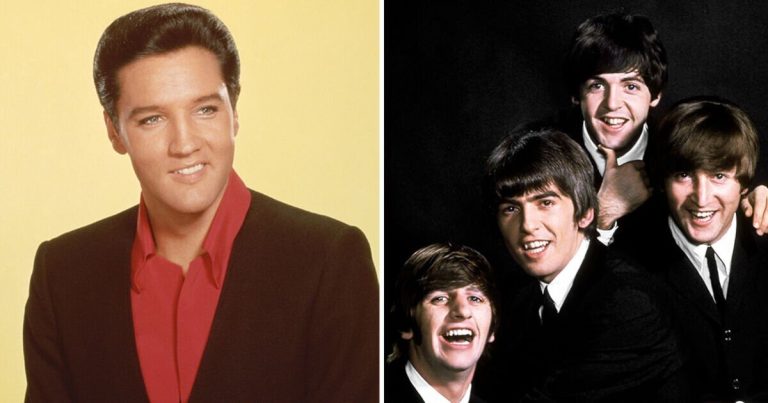
Britons can pass on as much money as they like tax-free, as long as it comes from their income rather than existing assets.
The exemption is known as gifting out of surplus income.
As more and more families are being caught in the inheritance tax (IHT) net, they are urged to consider all the tax breaks that may be available to them.
The number of people paying the 40 percent charge is expected to rise from around 40,000 this year to almost 50,000 by 2027, according to the Office for Budget Responsibility.
Fortunately, if someone is at risk of paying the “death tax”, there are plenty of things they can do to slash their bill.
One of the most lucrative IHT breaks is the “gifts out of surplus income” rule.
Only 430 families utilised it last year, according to a Freedom of Information request submitted by The Telegraph.
This little-known trick allows people to pass on unlimited wealth to their loved ones free of inheritance tax – as long as the gifts do not diminish their quality of life and the money comes out of income, not capital.
It doesn’t require complex trusts or bonds, all individuals need to set it up is a letter.
Unlike most other gifts, those made in this way are not affected by the seven-year rule, whereby gifts may be subject to inheritance tax if the individual dies within seven years of making them.
What gifts qualify?
Gifts must be part of one’s ‘normal expenditure’ such as their salary; an income from buy-to-let properties; or employment or pension income. Gifting interest from savings is also an increasingly useful way of passing on income.
The gifting must not diminish one’s standard of living: they should be able to afford the gifts once they have paid their normal outgoings.
The gifts should form part of a pattern. In its manual IHTM14242, HM Revenue & Customs (HMRC) advises staff to look back over a period of at least three or four years to see if the gifts are given on a regular basis.
A single gift will qualify only if there is strong evidence that it was intended to be the first in a pattern. Gifts should also ideally be around the same size.
If one of the gifts is unusually large, HMRC may decide that part of it is “normal” but exclude the amount above this. Generally, the safest thing to do is to give a similar sum on a regular basis.
HMRC officers will look at one’s income in the year the gift was made to see if it was affordable for them.
How to qualify for the exemption
The gift must fulfil three criteria:
- First, it must come from income, rather than capital.
- Second, it must follow a regular pattern – whether that’s monthly or yearly.
- Third, the gifts should not affect one’s everyday standard of living.
How to claim the tax break
Britons need strong evidence in order to claim the exemption so it’s important to keep good records and receipts of gift purchases. It is the executors who will have to claim it when they come to fill in the IHT forms.
The details required include one’s salary, pensions, investments, savings income, mortgages, insurance, household bills, travel costs, holidays and care home fees.
The executor will be asked to work out “net income minus total expenditure” to prove their gift meets the rules.








